
Image Credit: ThinkStock
A California lawmaker has introduced a bill that would extend a key federal tax credit for solar and wind energy systems until 2021, five years later than its scheduled expiration for residential systems.
UtilityDive reports that Representative Mike Thompson, a Democrat, called the investment tax credits (ITC) essential to the growth of the U.S. solar market.
“The ITC is one of the most important tools we have that supports the deployment of solar energy in the United States,” Thompson said in a written statement. “Since 2006, when the residential and commercial ITCs first took effect, employment in the U.S. solar industry has grown to 175,000 jobs at more than 8,000 solar companies. It has a proven track record of success and it’s important that we extend it.”
In addition to solar and wind equipment, the credit also applies to fuel cells and ground-source heat pump systems. The 30 percent residential credit is currently due to expire on December 31, 2016.
The bill, HR 2412, would extend two key provisions of the tax code — Section 25D (residential) and Section 48 (commercial) — both currently valued at 30 percent of the cost of qualifying projects. Unless Congress acts, the residential credit goes to zero and the commercial credit falls to 10 percent by the end of next year. The bill has been referred to the House Committee on Ways and Means, on which Thompson serves.
Waiting for grid parity
The solar industry is contributing $18 billion a year to the U.S. economy, and by 2016 it will be generating enough electricity to power 8 million homes and offset the carbon emissions of 10 million cars, the SEIA said.
But if the ITCs are allowed to expire, the gains in the industry will be put at risk before the cost of solar reaches parity with traditional energy sources, the statement from Thompson’s office said.
The SEIA said that 97 percent of the total solar capacity in the U.S. has come online since the ITC was extended in 2006. The tax credit encourages companies to make long-term investments in technology, lowering costs to consumers, the group said.
In an article posted at Morning Consult, one industry analyst said that a reduction in the commercial ITC to 10 percent would cause utility-scale solar to “collapse.” The approaching cut in the ITC is already causing a slowdown in large-scale solar projects because the ITC can’t be claimed until a system is up and running, which typically takes some 2 to 4 years.
Weekly Newsletter
Get building science and energy efficiency advice, plus special offers, in your inbox.





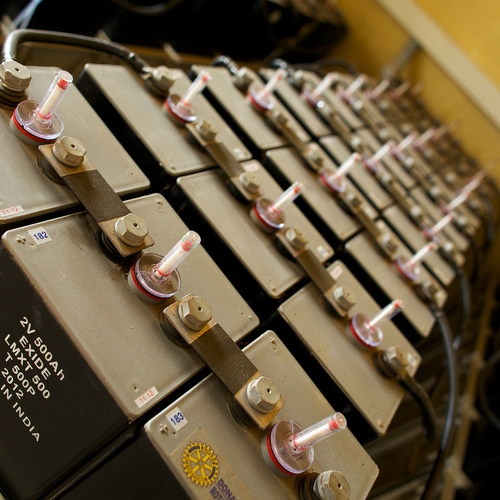
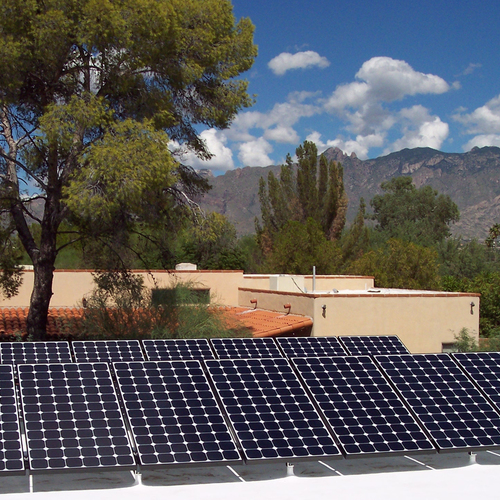
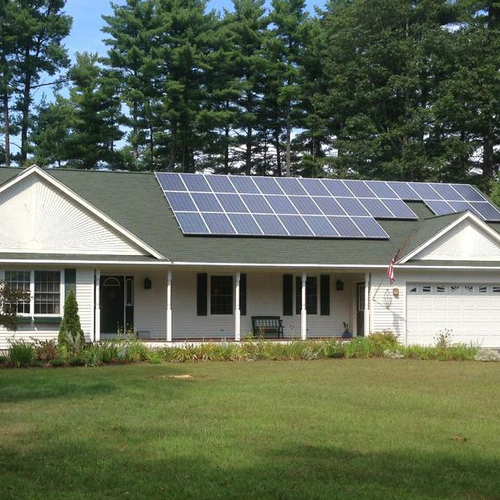
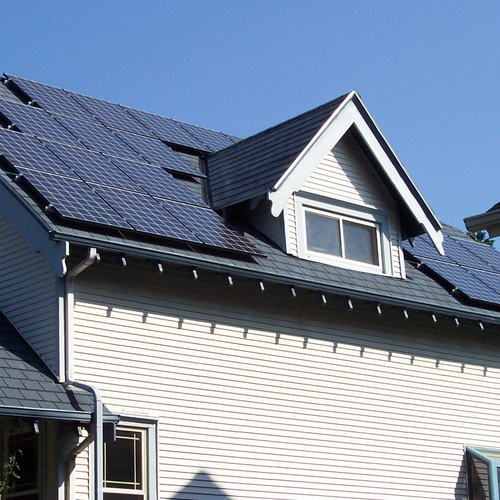


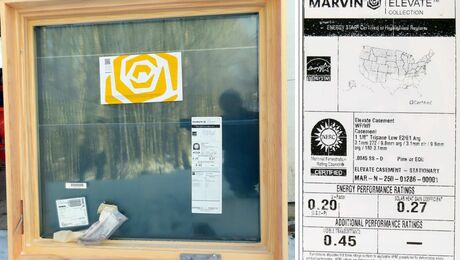



0 Comments
Log in or create an account to post a comment.
Sign up Log in